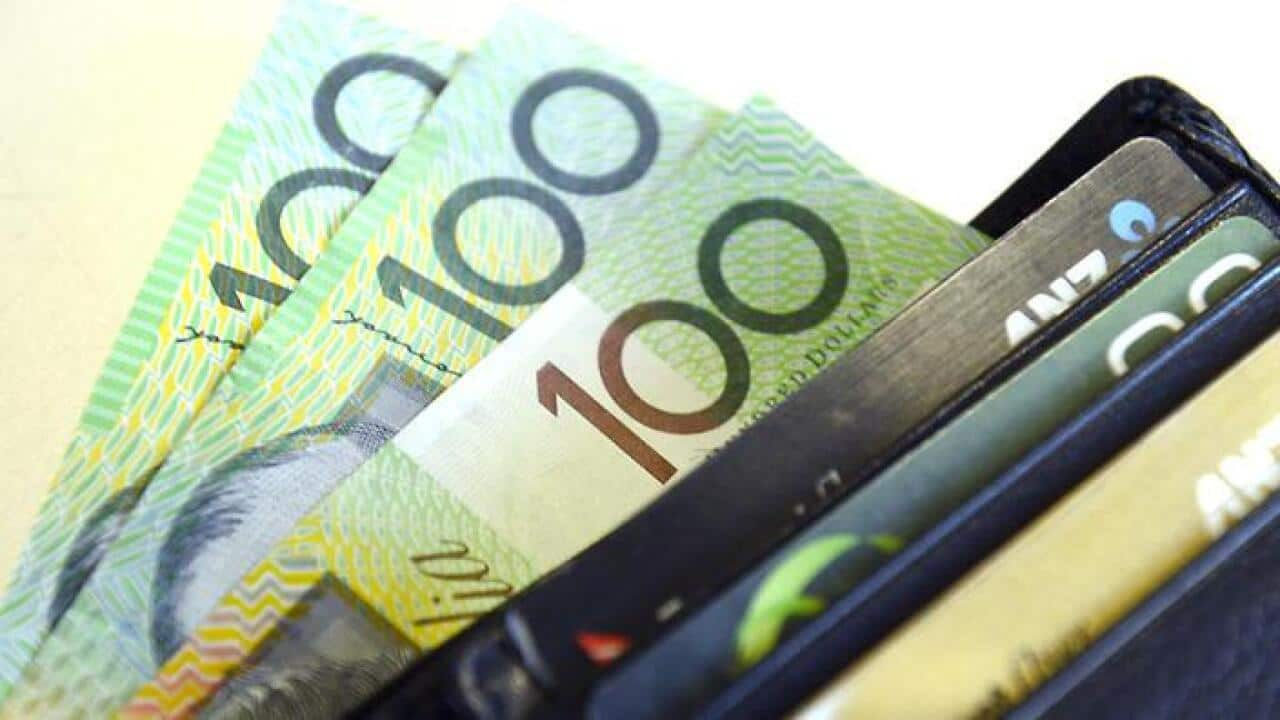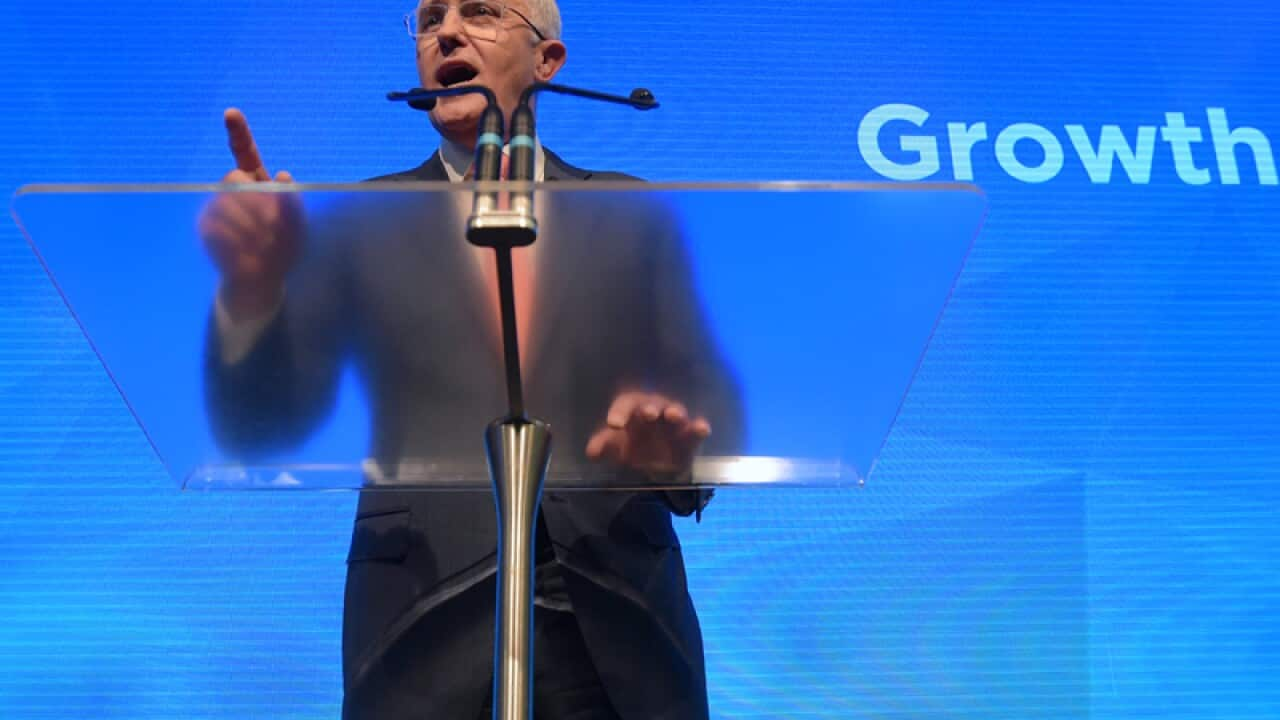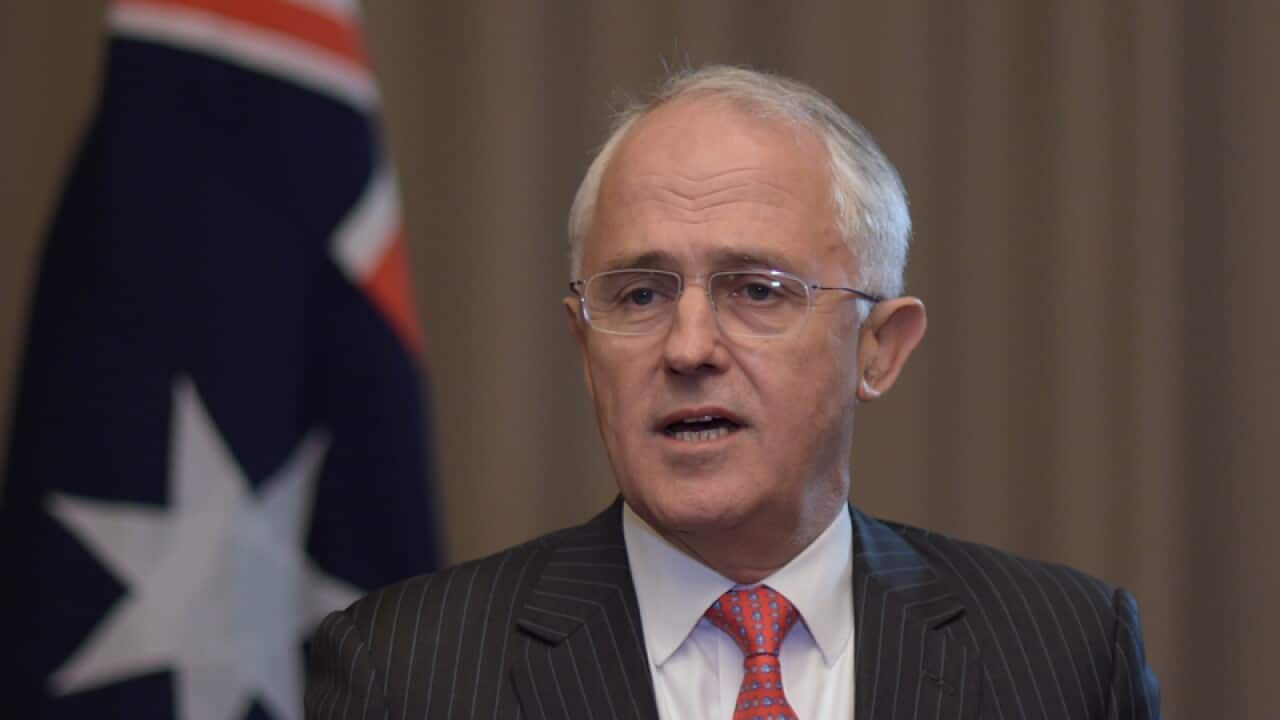Malcolm Turnbull has refused to say whether he'd be willing to enter into talks on minority government should there be no clear result in Saturday's election.
An average of the latest polls shows the coalition on 50.35 per cent of the two-party vote, which could deliver a hung parliament or a narrow win for the government.
Bookies give the coalition an 80 to 85 per cent chance of winning, however both major parties are concerned the Nick Xenophon Team may pick up lower house seats in South Australia and the Greens could take two seats.
Polls are also pointing to a Senate crossbench larger than in the past parliament, making it hard for either major party to deliver on their election promises.
RELATED READING:

Coalition edges ahead in latest Newspoll
Asked whether he would consider an alliance with NXT, Mr Turnbull told reporters in Adelaide: "We will form a coalition majority government if the Australian people give us the support we need.
"That's what we are seeking because that is the only way Australia's vital national interests can be protected at these times," he said.
RELATED READING:

Labor goes quiet on super changes
With coalition strategists concerned about a protest vote in SA, where unemployment is the highest in the country, Mr Turnbull unveiled a $300 million contract for defence contractor Raytheon to upgrade the Woomera military range.
The move will double the company's 370-strong workforce over three years.
RELATED READING:

Turnbull makes final big election pitch
Treasurer Scott Morrison will add to the prime minister's economic pitch on Tuesday, releasing the coalition's policy costings which will show an improved budget bottom line.
Mr Morrison said a coalition win would deliver a mandate to pass all the government's policies.
"The fact that we'd taken the budget to an election and, if we were successful, we received the support of the Australian people - I think that is a pretty powerful argument," Mr Morrison said.
Whoever wins the election will next week receive a report by Treasury and regulators on what policy and other levers can be pulled to minimise the impact of Britain's exit from the European Union.
Talks have also been pencilled in with New Zealand Prime Minister John Key on opportunities arising from the Brexit.
Shadow treasurer Chris Bowen said the Brexit would have limited direct impact on the Australian economy and even the global flow-on effects would be far less intense than the GFC.
Having announced his policy costings on Sunday, Mr Bowen said Labor's long-term improvements to the budget would make it easier to respond to global challenges.
However, the opposition is under fire for not unveiling which of the government's superannuation changes laid out in the budget it would support.
"There's plenty of people saying that these changes will be very hard to implement," Labor leader Bill Shorten said.
Mr Morrison said Labor could not bank the savings and not adopt the policies that deliver those savings.
Mr Shorten, who spent Monday targeting coalition-held electorates in Melbourne, said the coalition was balancing the books by "smashing household budgets" and cutting Medicare and education.
While most Australians will wait to cast their ballot on Saturday, the electoral commission said at least 1.6 million people have cast early votes and about 1.4 million postal votes had been distributed.

